Replenishing Carbs After A Workout
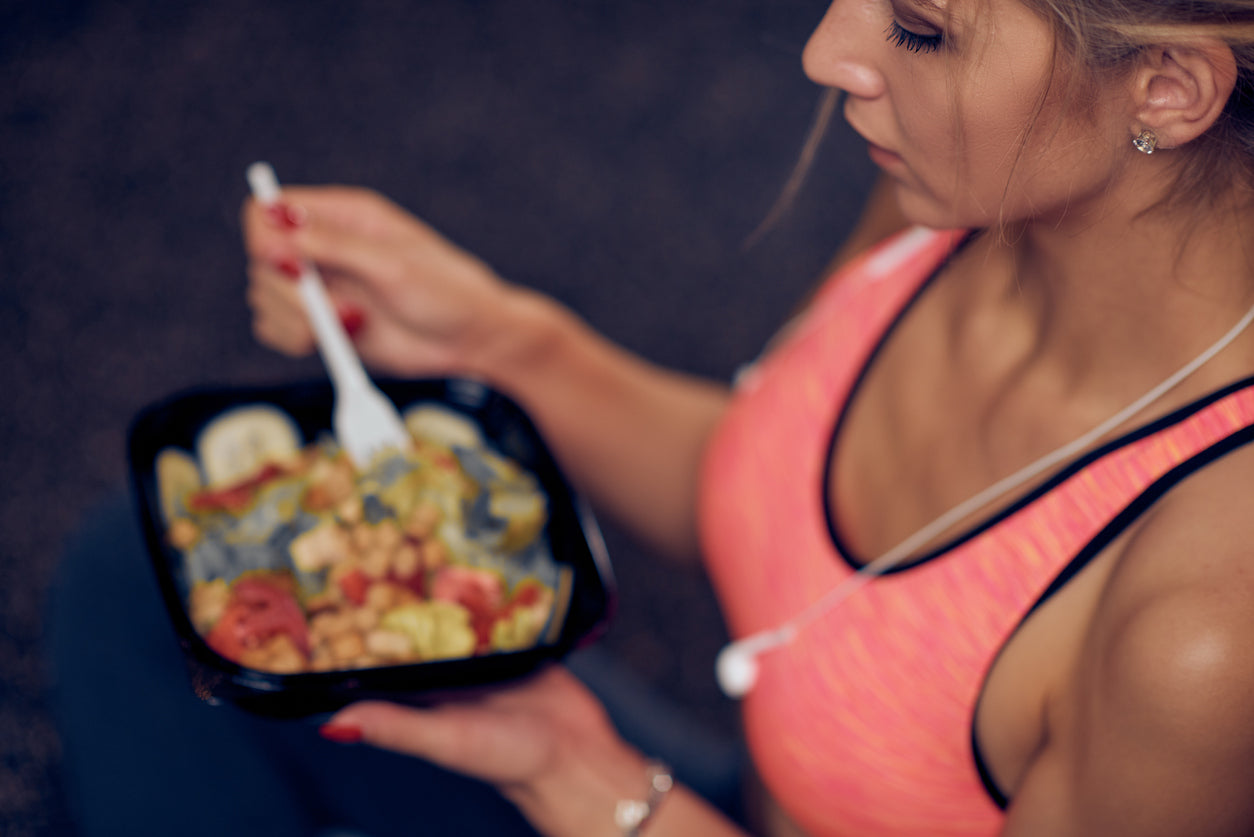
Carbs aren’t the villain that many popular fitness fads have made them out to be. In fact, studies show that high fat, low carb diets are not correlated with an increase in athletic performance.
For the body to make the most of carbohydrates, timing is key. Michael Scott-style carbo-loading may be a thing of the past but that doesn’t mean you should neglect this vital macronutrient. Carbohydrate recommendations vary from 3-10 grams per kg of body weight depending on age, sex, and activity level.
Carbohydrates are the body’s main energy source and are vital for your daily function and athletic performance. Carbs can help with protein absorption and muscle repair. When glycogen stores dip, you’ll likely experience a decrease in performance and a dip in blood sugar which can lead to lightheadedness and reduced power output.
Types of carbs
Carbs aren’t just for your pre-workout shake, studies show that post-workout carbohydrates are vital to muscle growth and recovery. Carbohydrates come in many different varieties and each has its use. Instead of categorizing carbs as “good” or “bad,” it can be helpful to evaluate the pros and cons of each type.
Simple carbs like fruit, processed snacks, and honey provide quick sources of energy that can be readily broken down by the body and used as energy. They’re also responsible for spikes in blood sugar and that dreaded afternoon slump. But simple sugars aren’t all bad. Glucose is the brain’s main energy source and can help offset fatigue.
Starches are complex carbohydrates that include a variety of grains and vegetables. They are longer-lasting sources of energy and are found in vegetables, like potatoes, and grains like oatmeal. Studies suggest eating easy-to-digest complex carbohydrates two to three hours before a workout.
Finally, fiber is an essential carbohydrate that helps increase satiety and may help lower cholesterol levels and help manage blood sugar. Fiber is naturally found in fruits, vegetables, nuts, and grains. While it’s a vital nutrient to include in your diet, it’s not recommended to include too much in a pre-workout meal since it may cause digestive issues.
What happens when you workout
During exercise, your body depletes the glycogen stored in your muscles and creates microtears in the muscle fibers. When the body breaks down carbohydrates, it creates glucose which is used for energy, and glycogen which is stored in the muscles and liver. Glycogen is the primary energy source during moderate exercise and daily functions. Experts suggest that carbohydrates can help boost and sustain athletic performance when taken before, during, and after a workout.
Studies suggest that eating 0.5–0.7 grams of carbs per pound of bodyweight 30 minutes after exercise can help restore glycogen stores. The optimal amount of carbohydrates in your post-workout meal will depend on the type of exercise performed, the intensity of the workout, and your body composition goals.
We all know that protein is the preferred post-workout fuel but studies show that eating carbs along with protein is more effective at triggering the release of insulin. This hormone is essential to metabolism and glycogen synthesis. Experts suggest eating a snack or meal with a ratio of 3:1 carbs to protein within 60 minutes of your workout for optimal results. Replenishing nutrients after a training session is vital to faster recovery, decreased soreness, and better gains.
But what should you eat? While there’s no hard and fast rule, studies show that a post-workout meal that includes fructose or fruit sugar is most beneficial to replenishing stores of glycogen in both the muscles and the liver. It goes without saying that another key component to your post-workout meal and intra-workout nutrition is hydration. Even a small decrease in hydration level negatively impacts performance in both speed and strength sports.








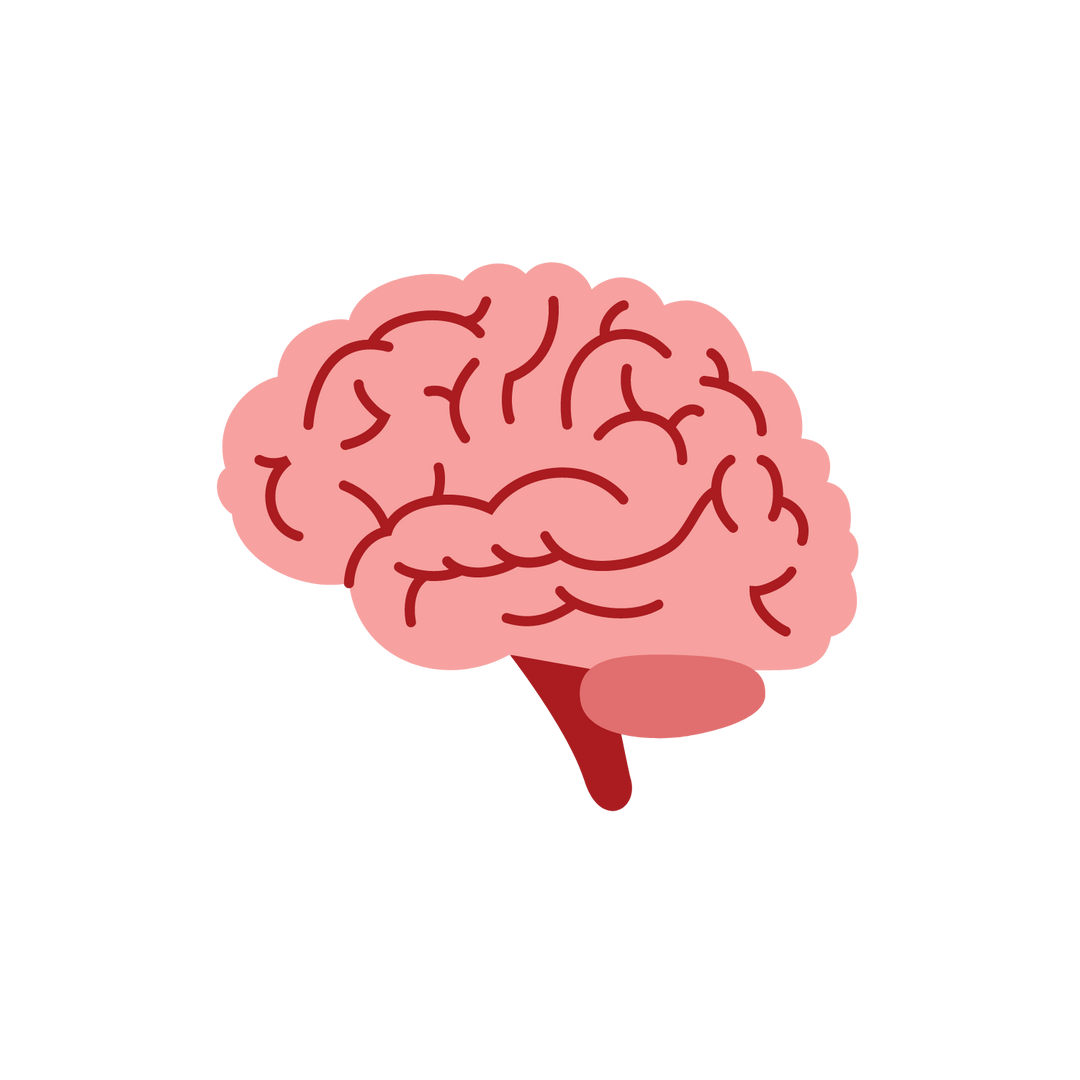

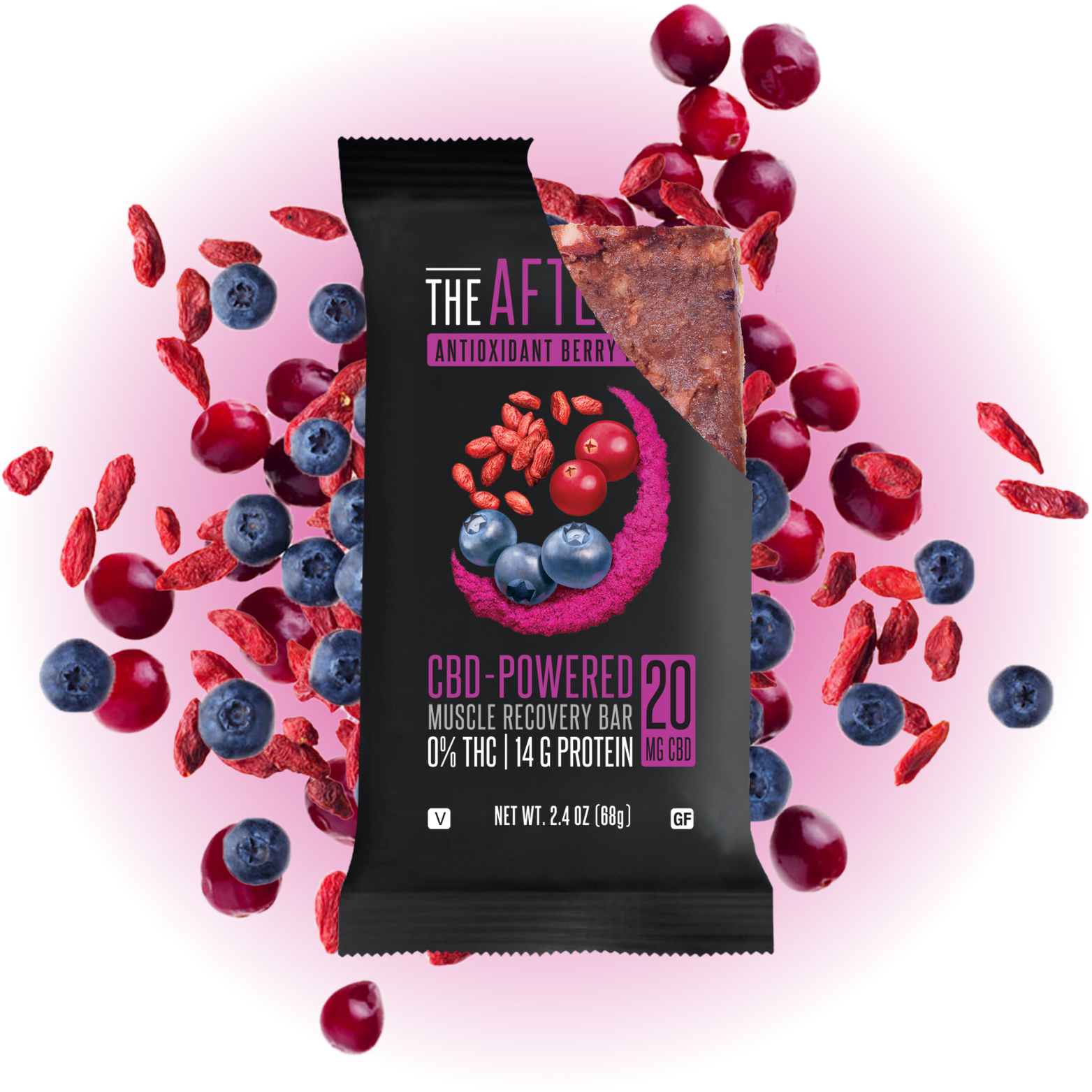
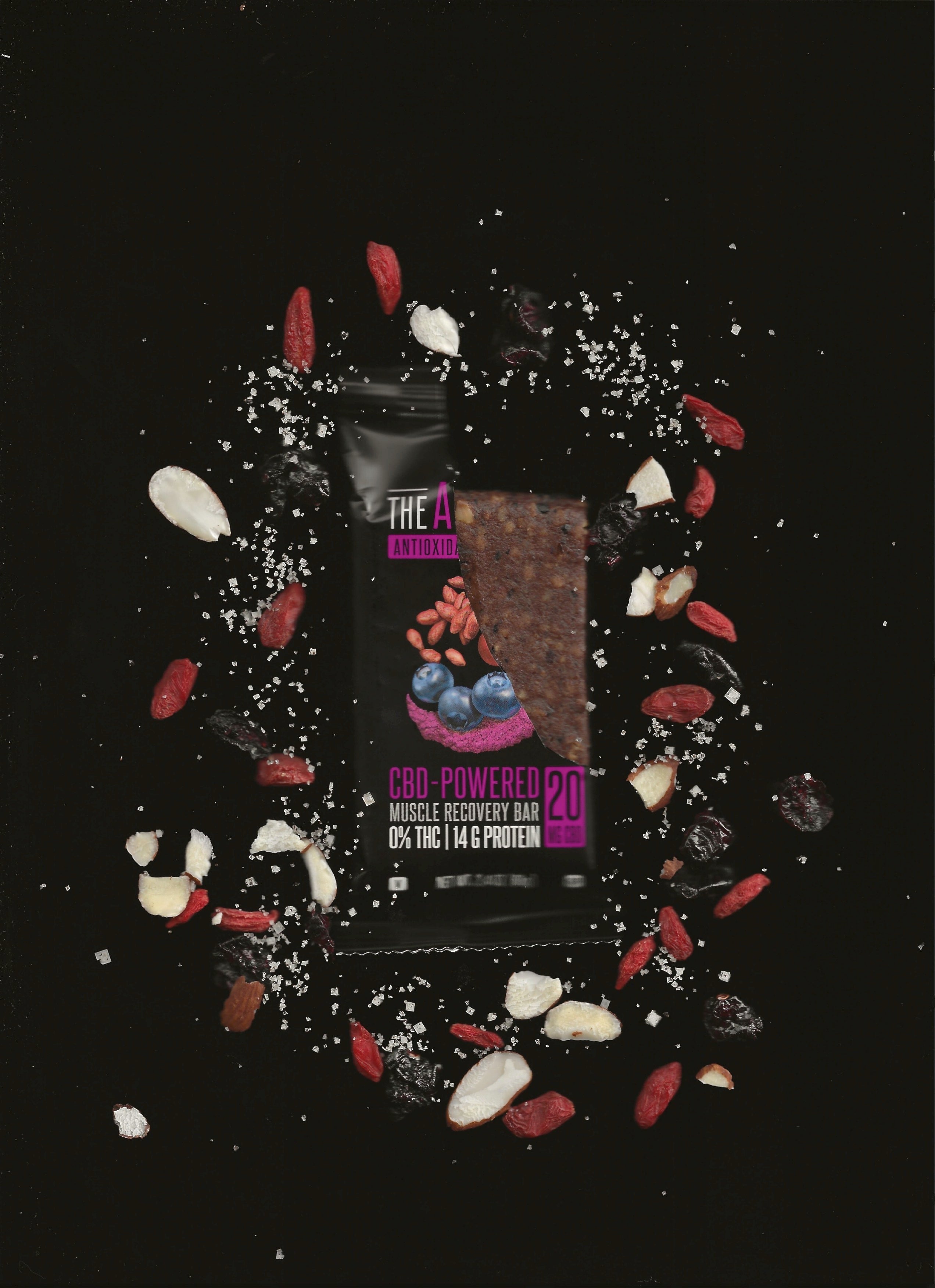
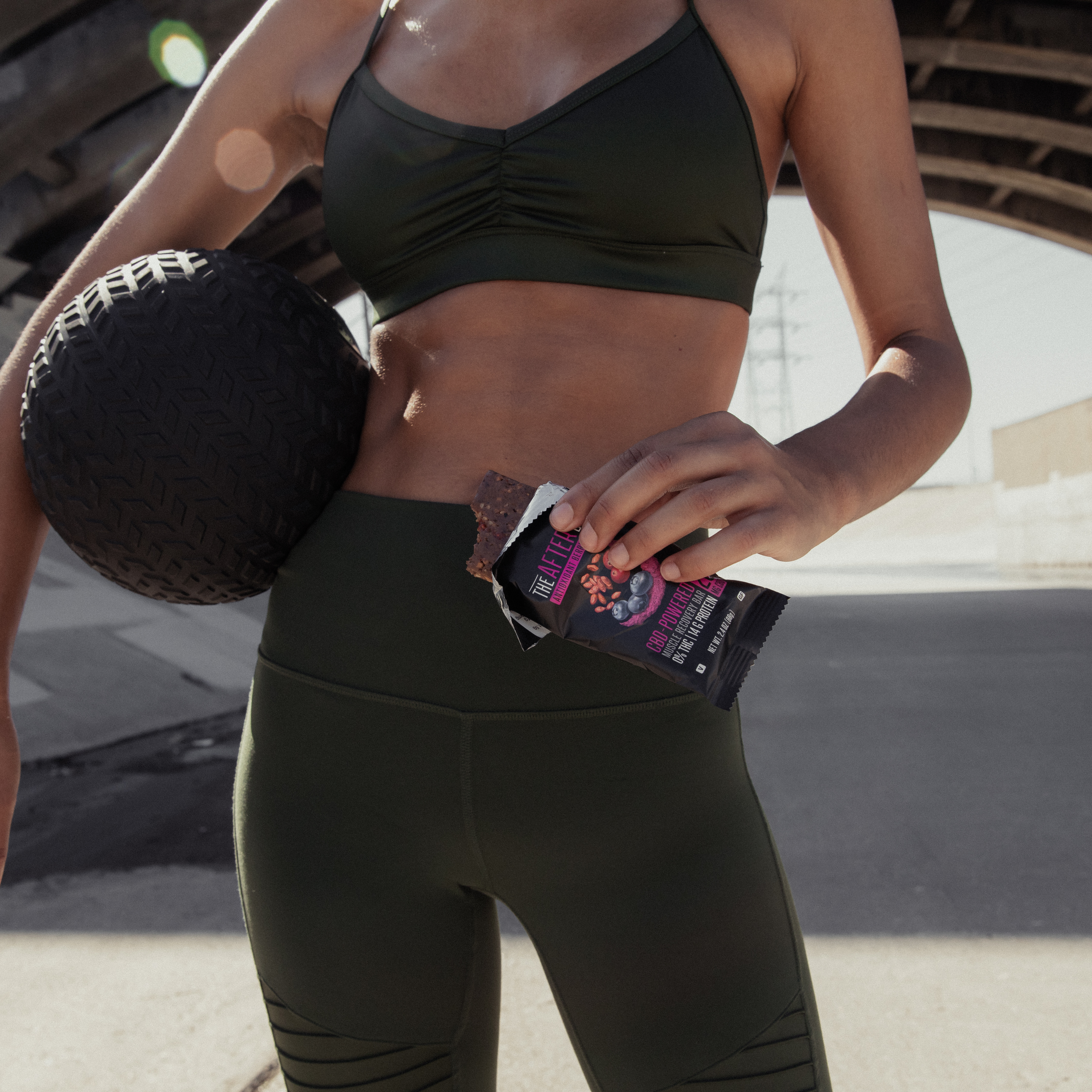
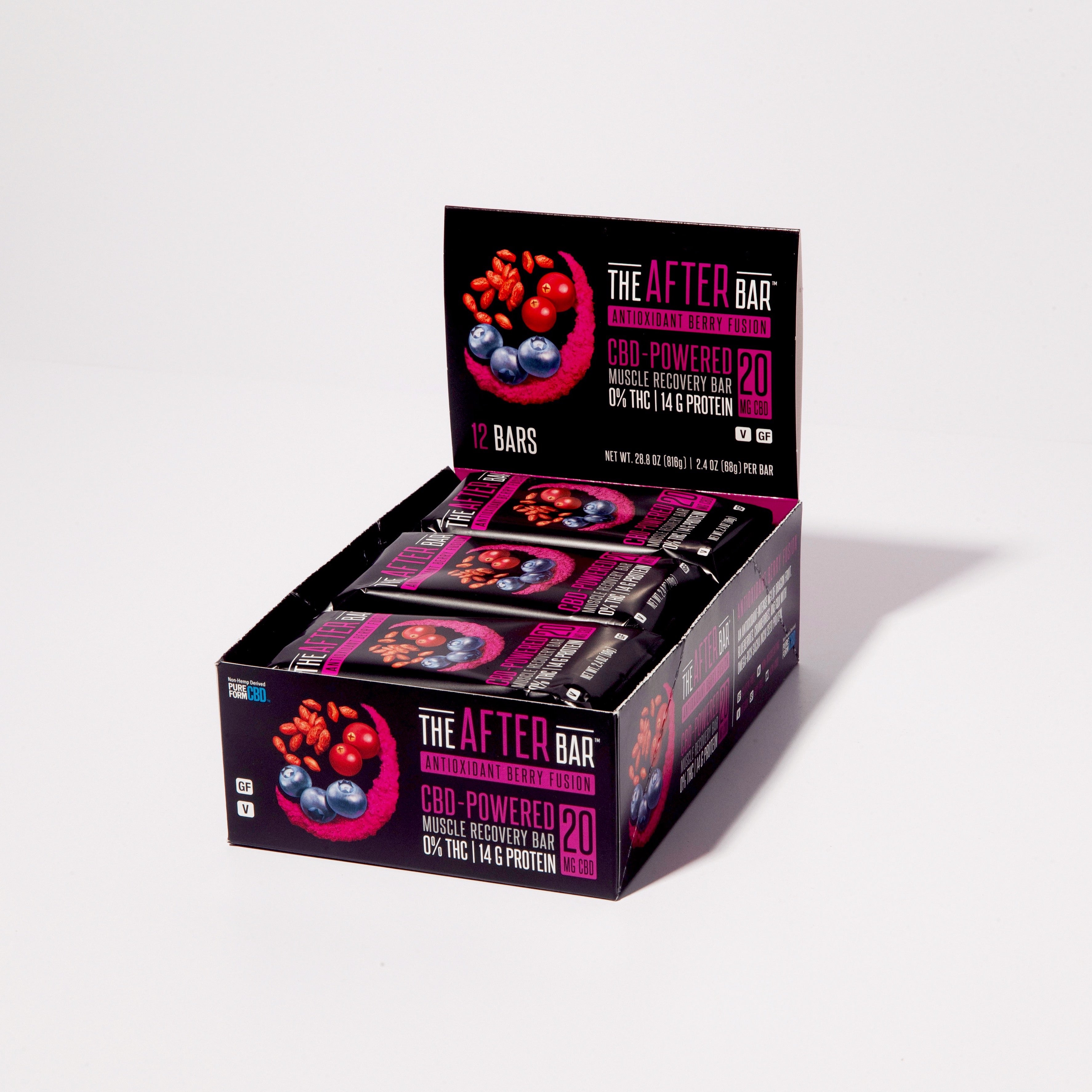
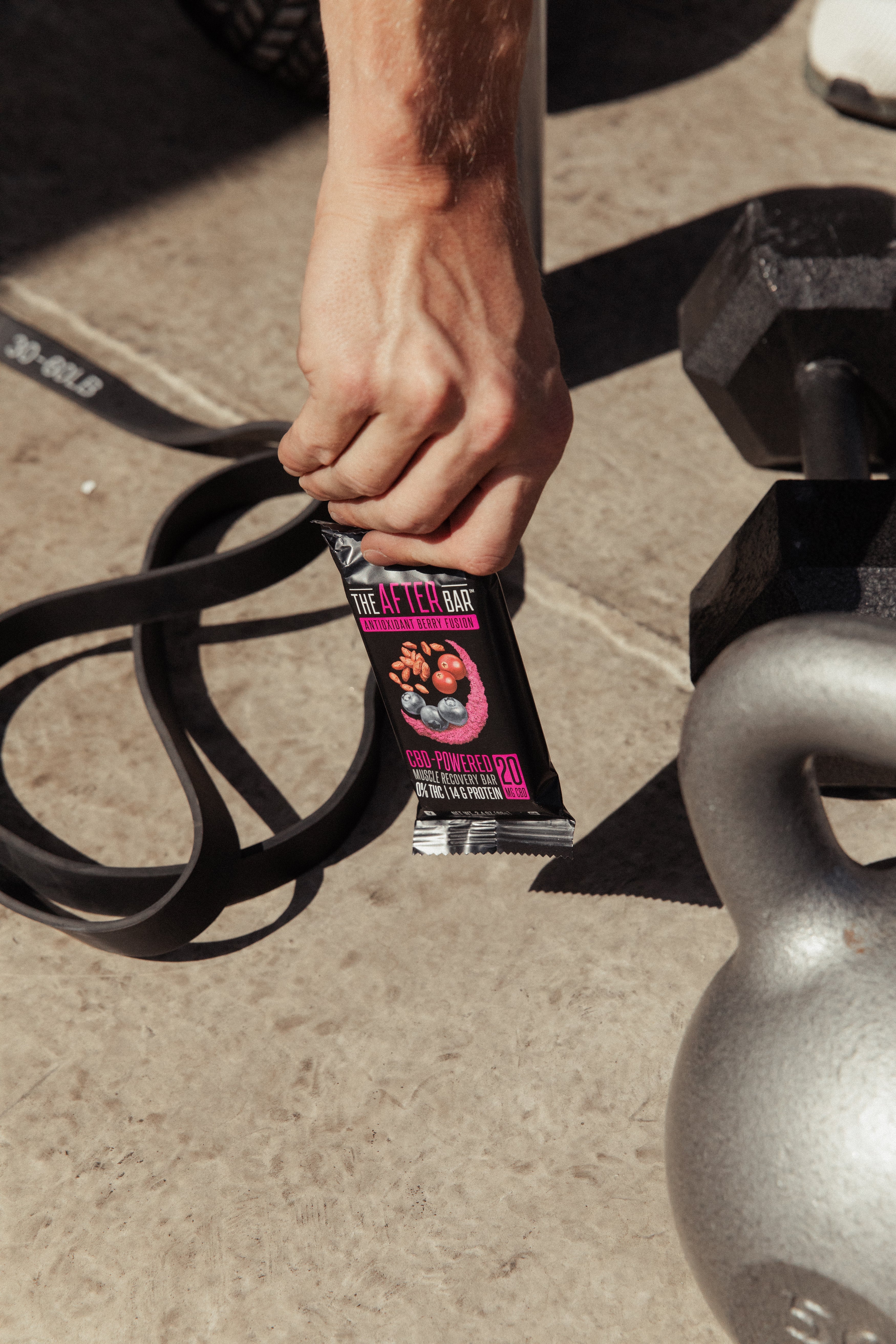
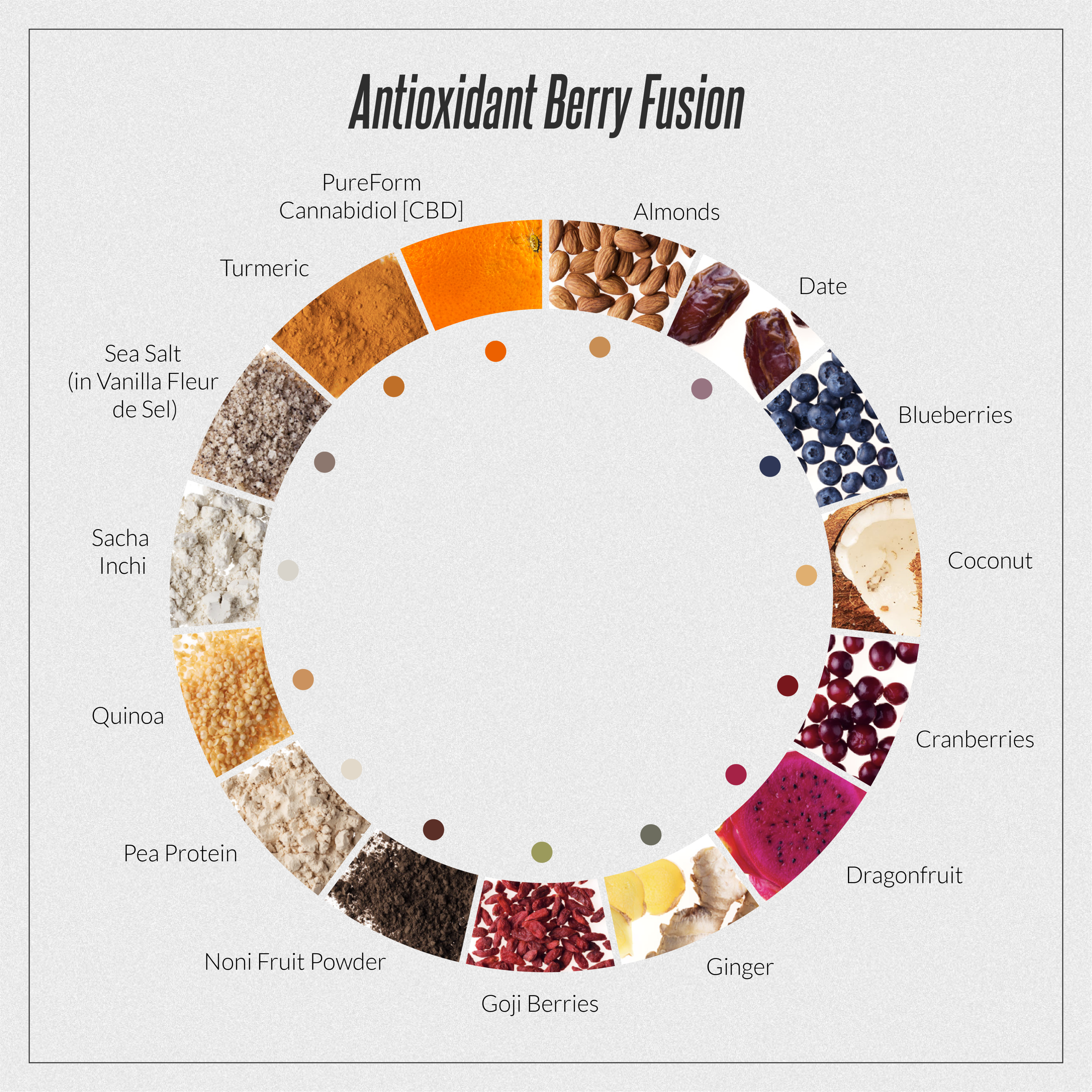
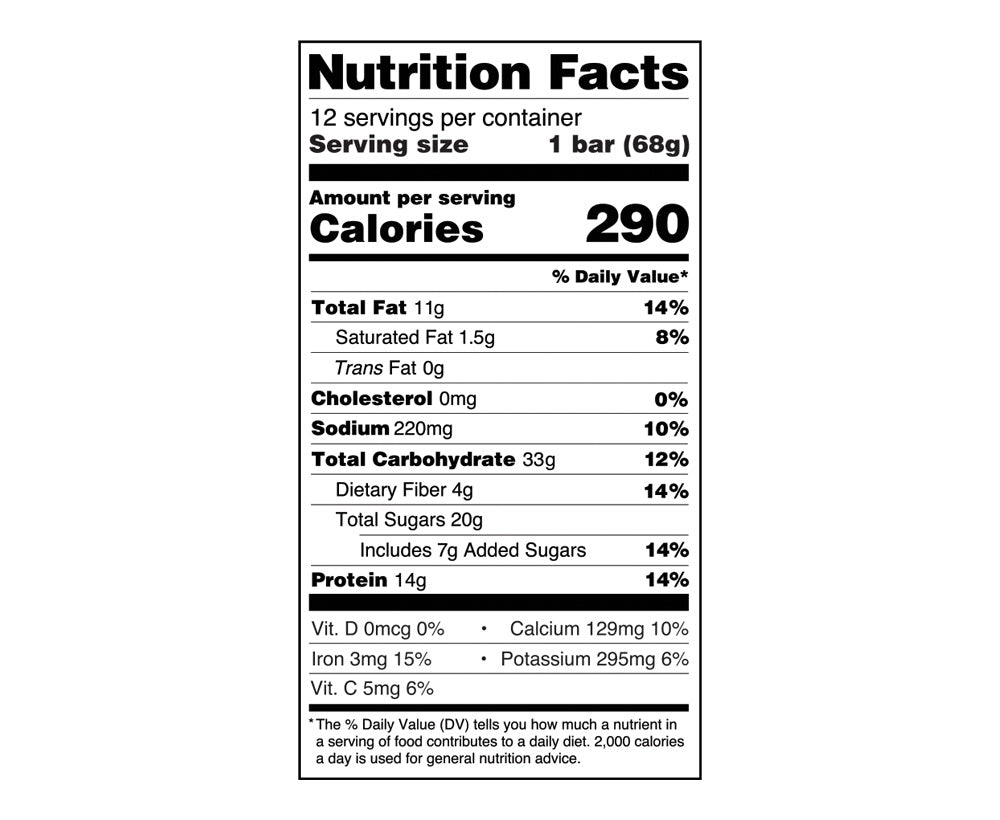
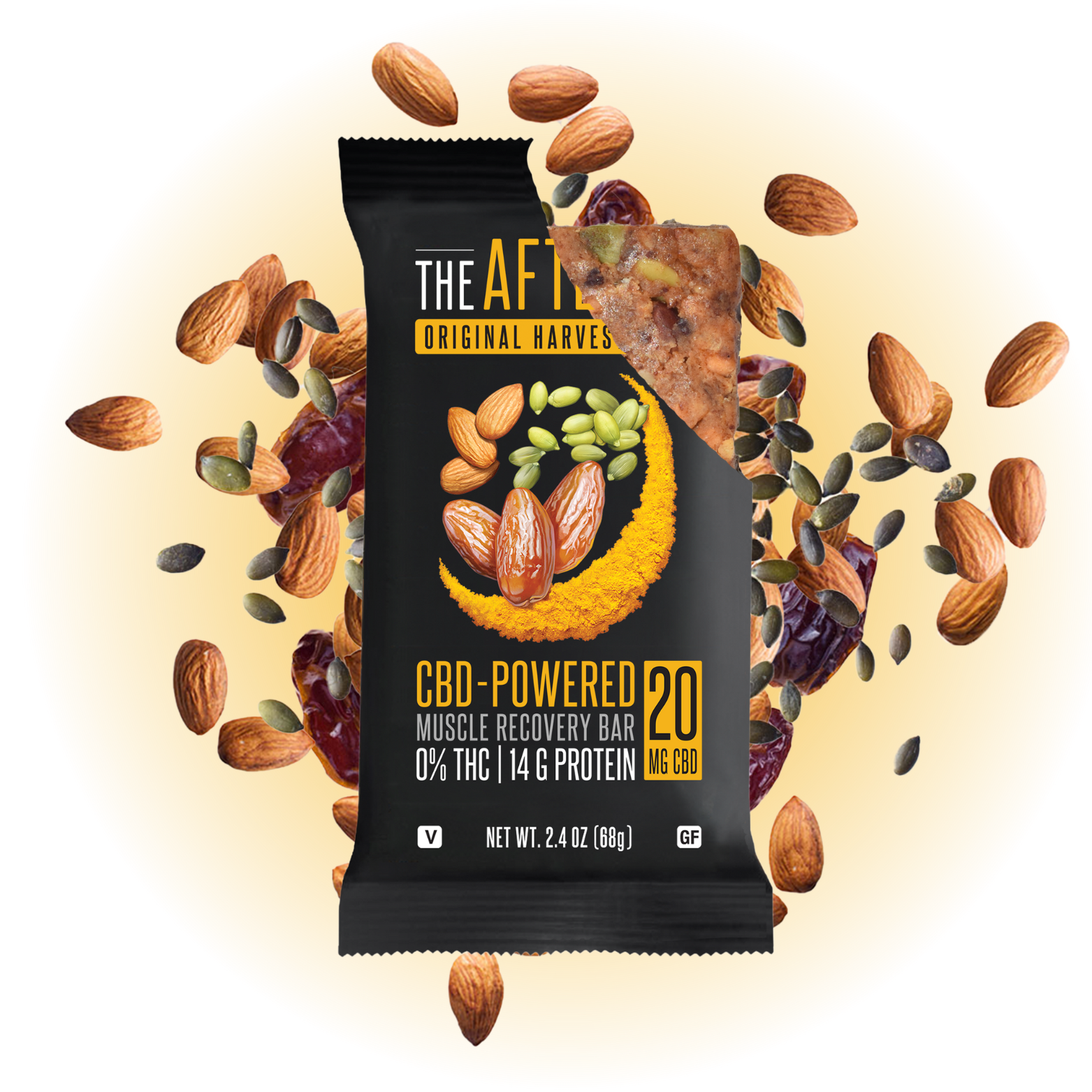
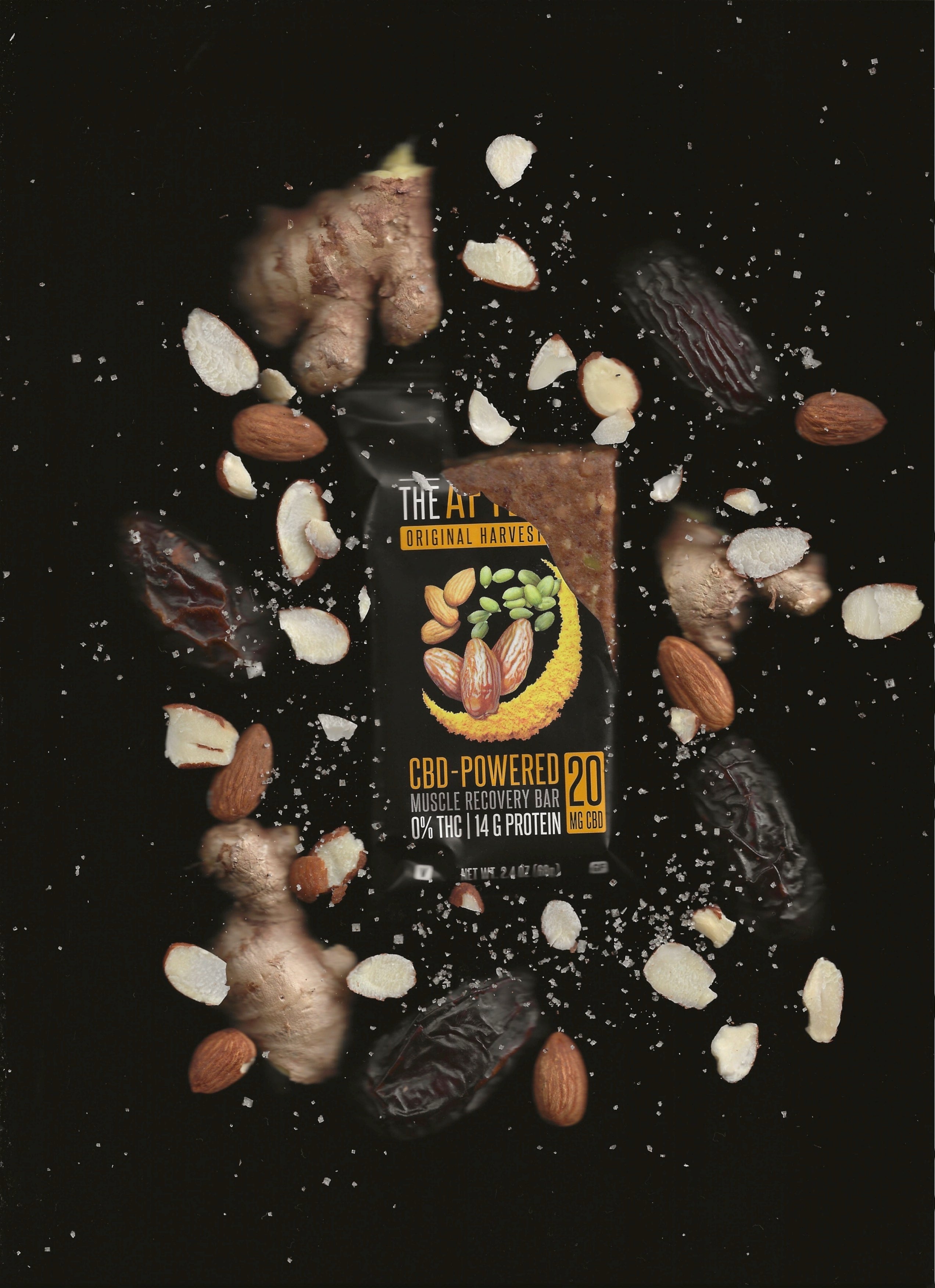
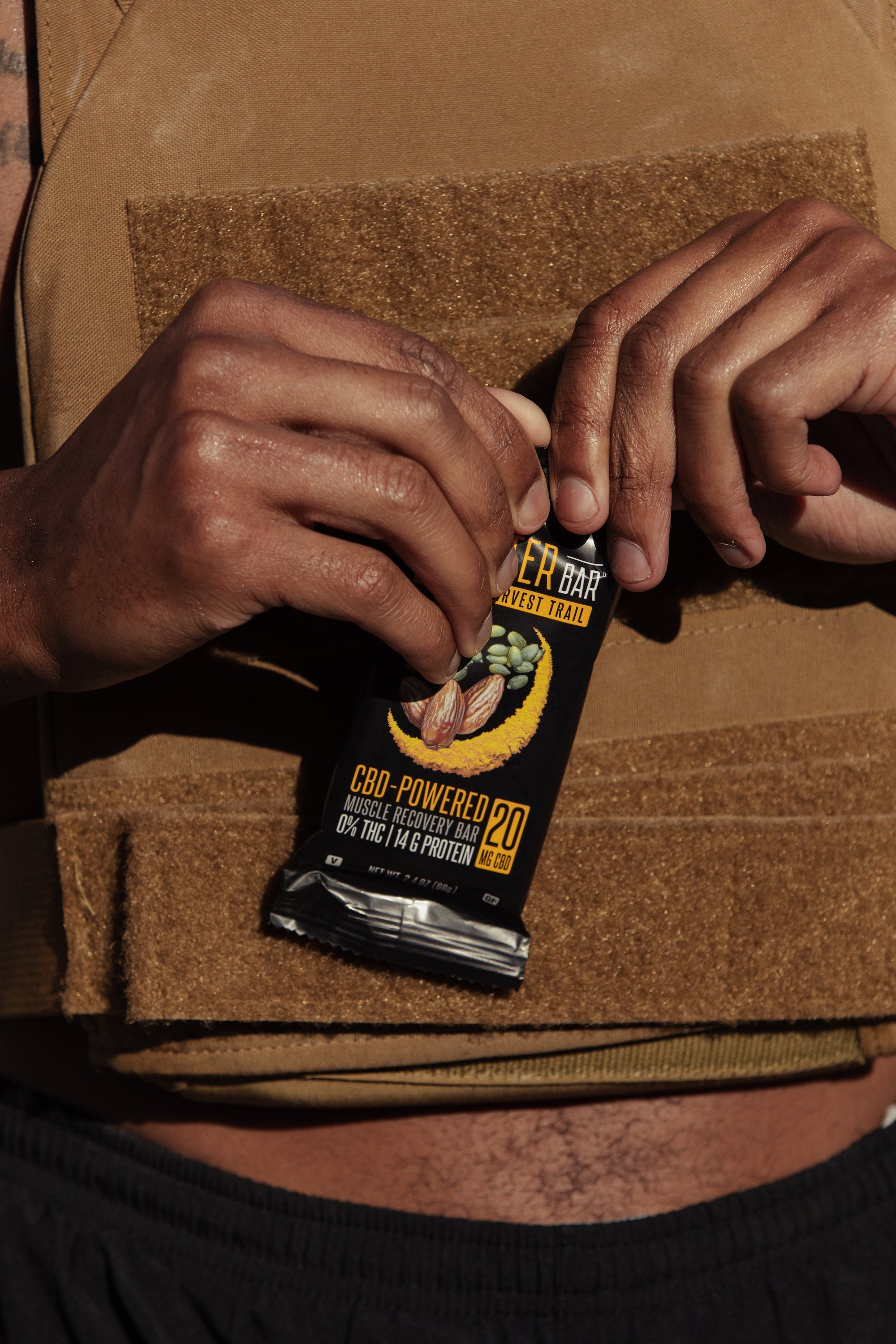
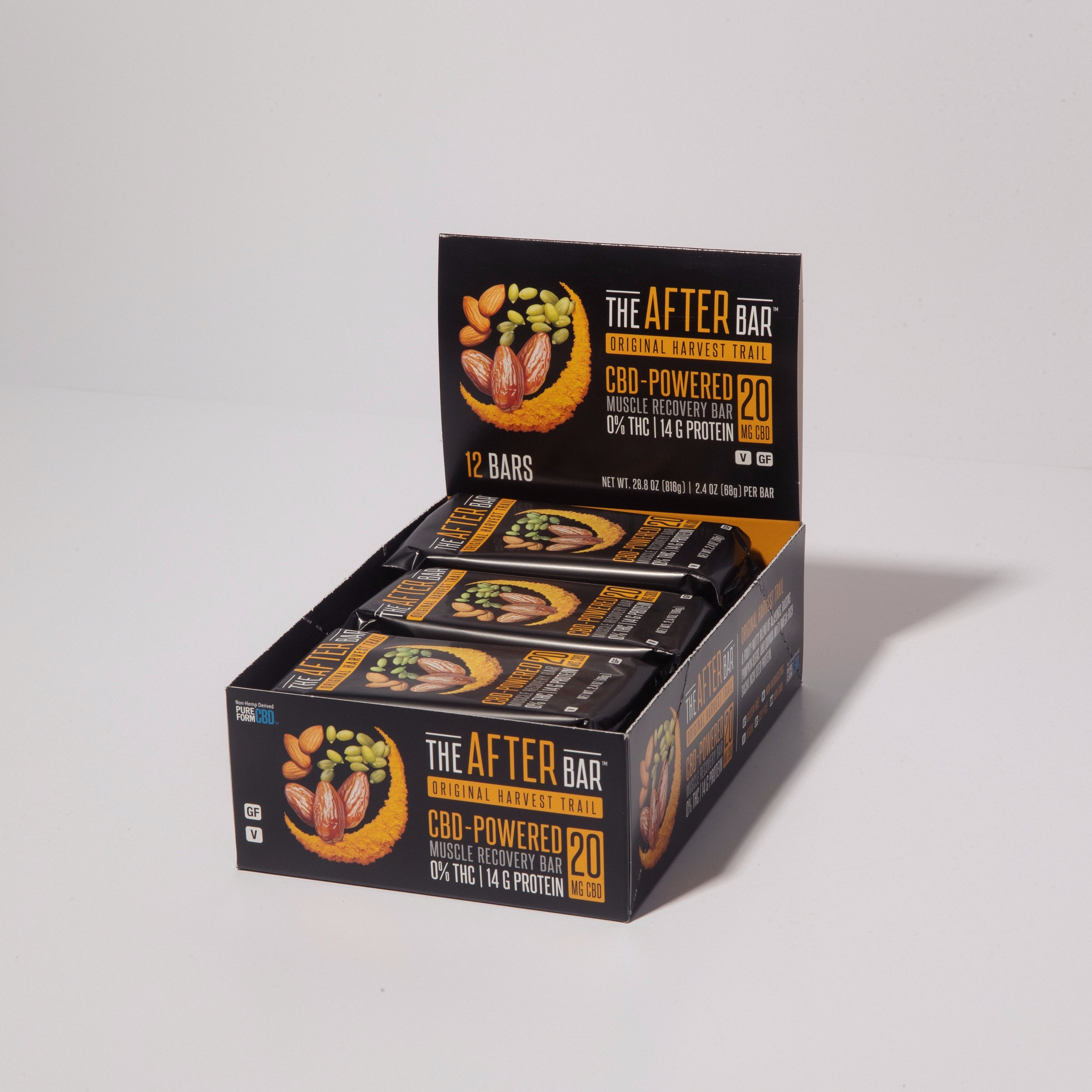
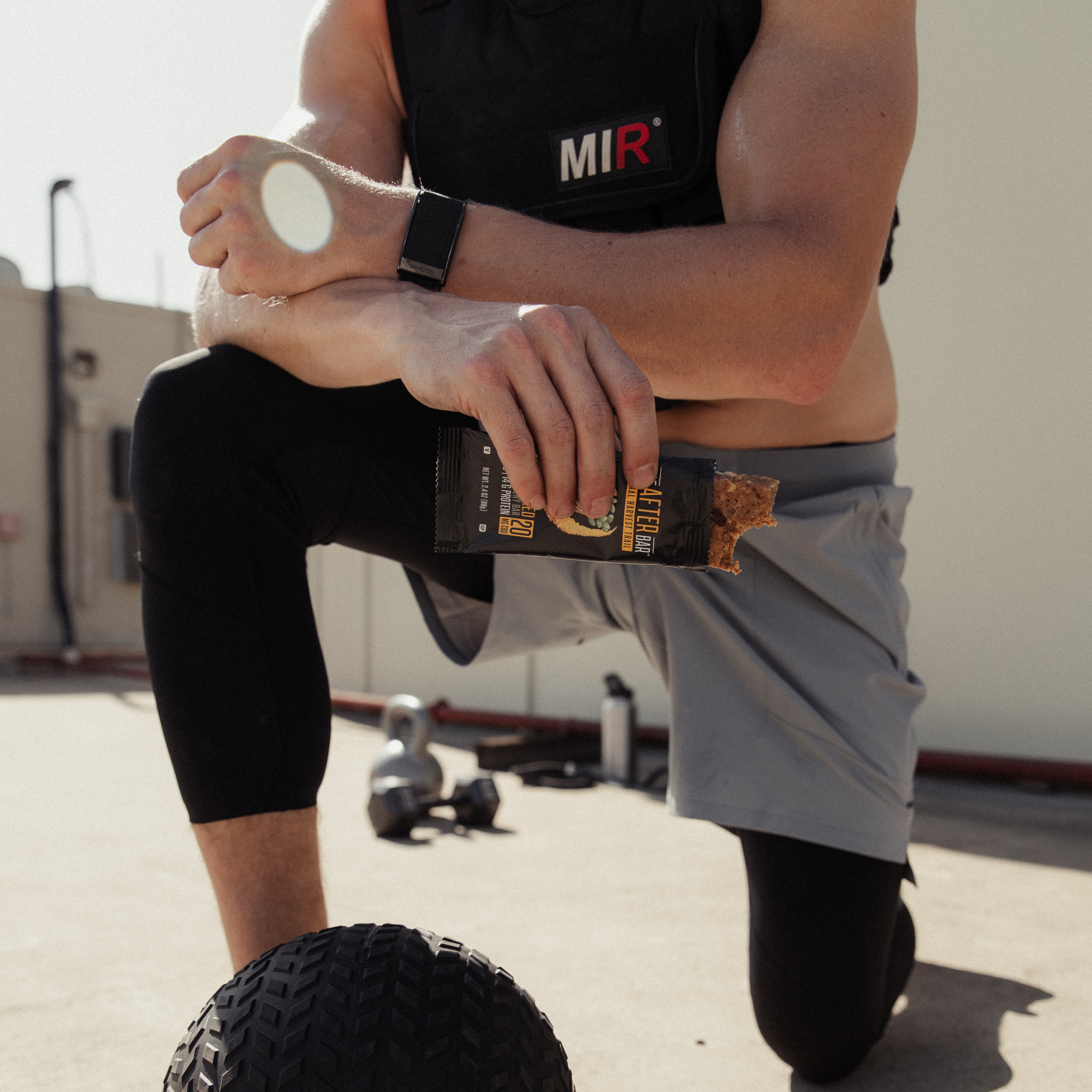
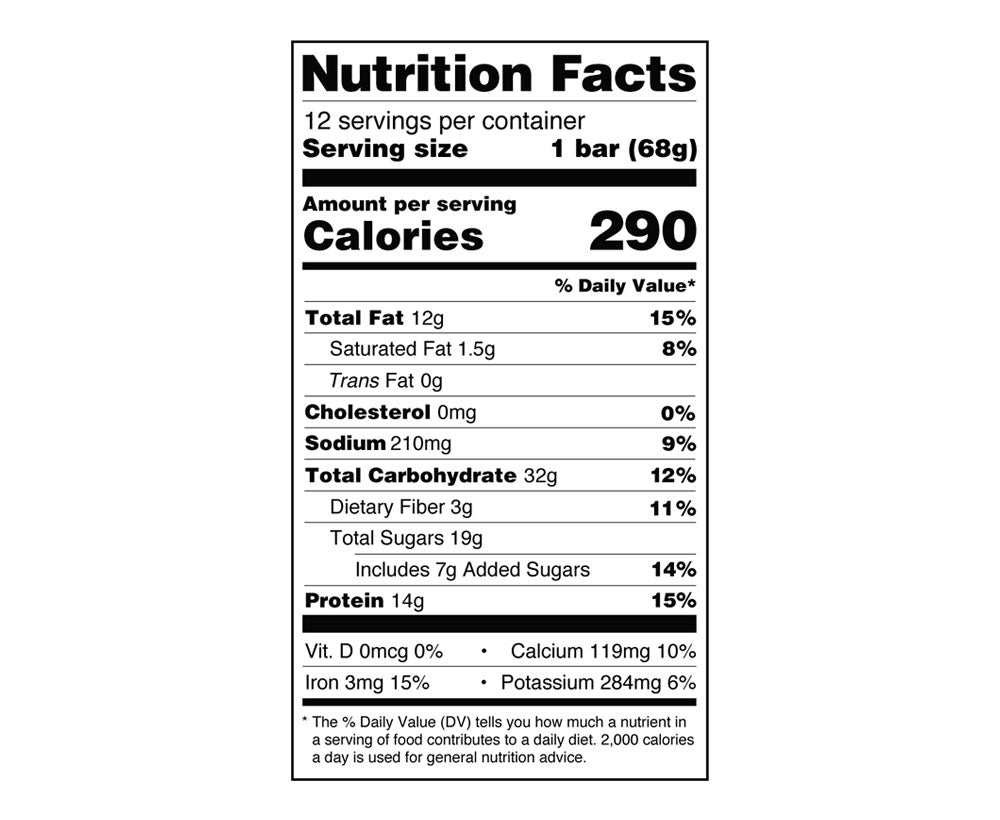
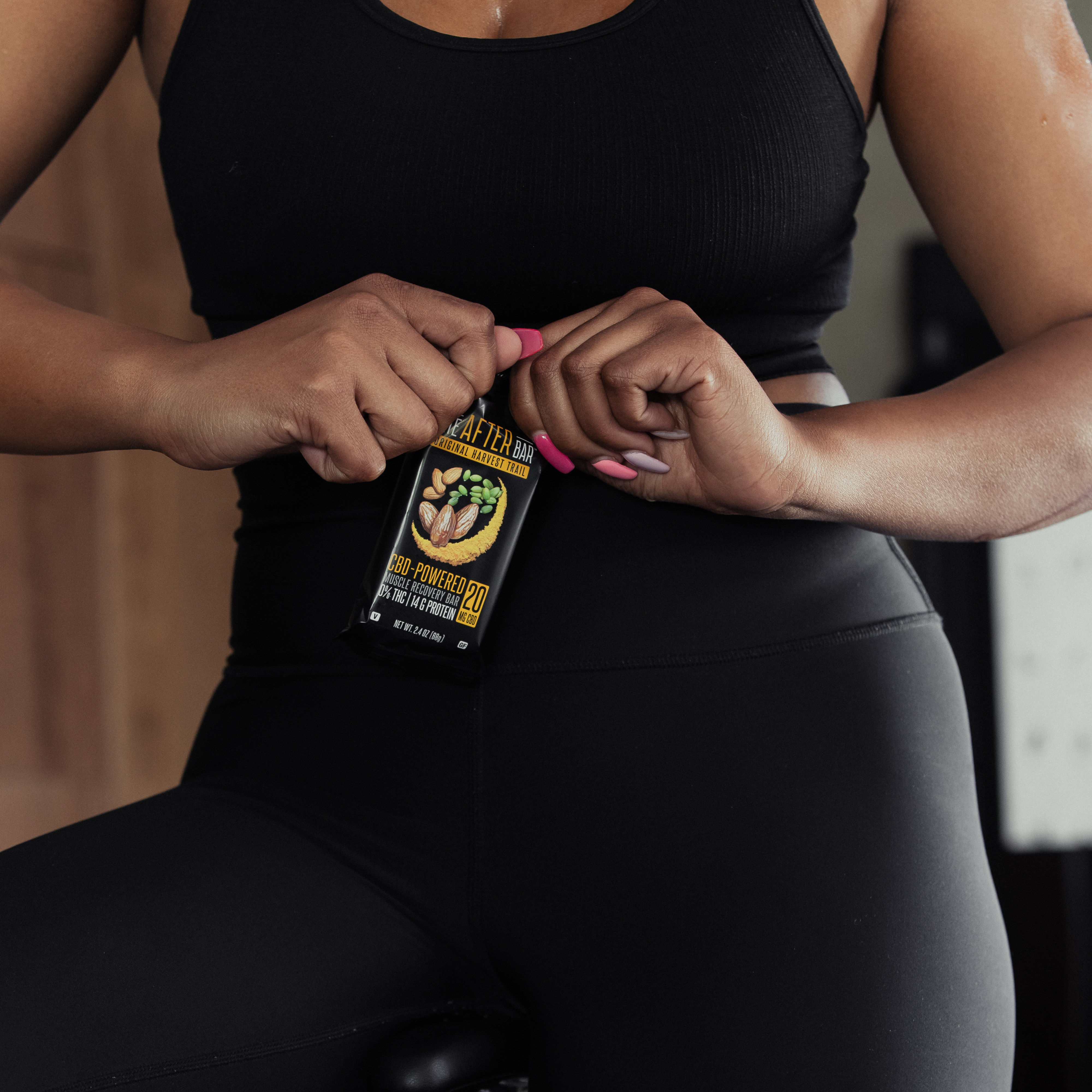
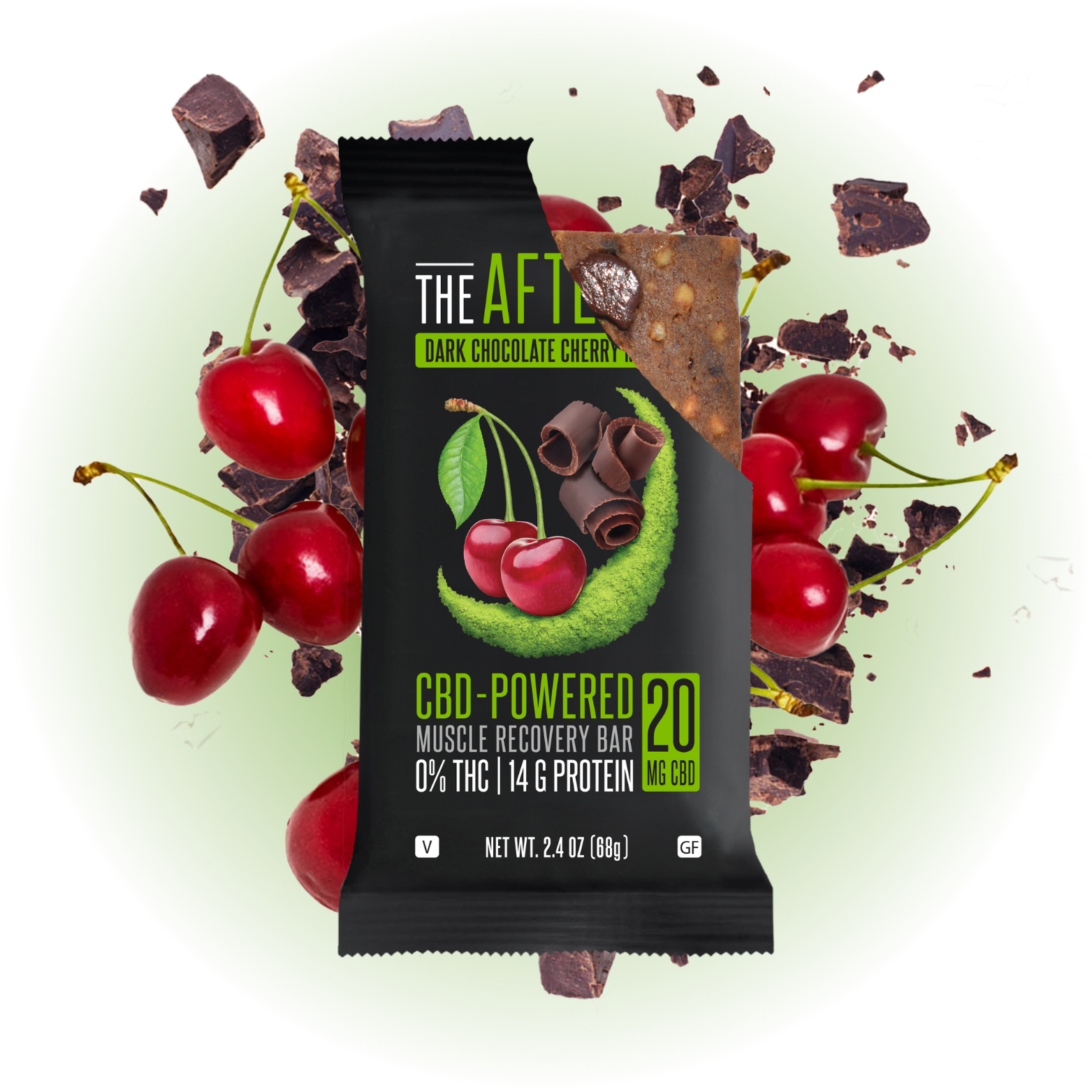
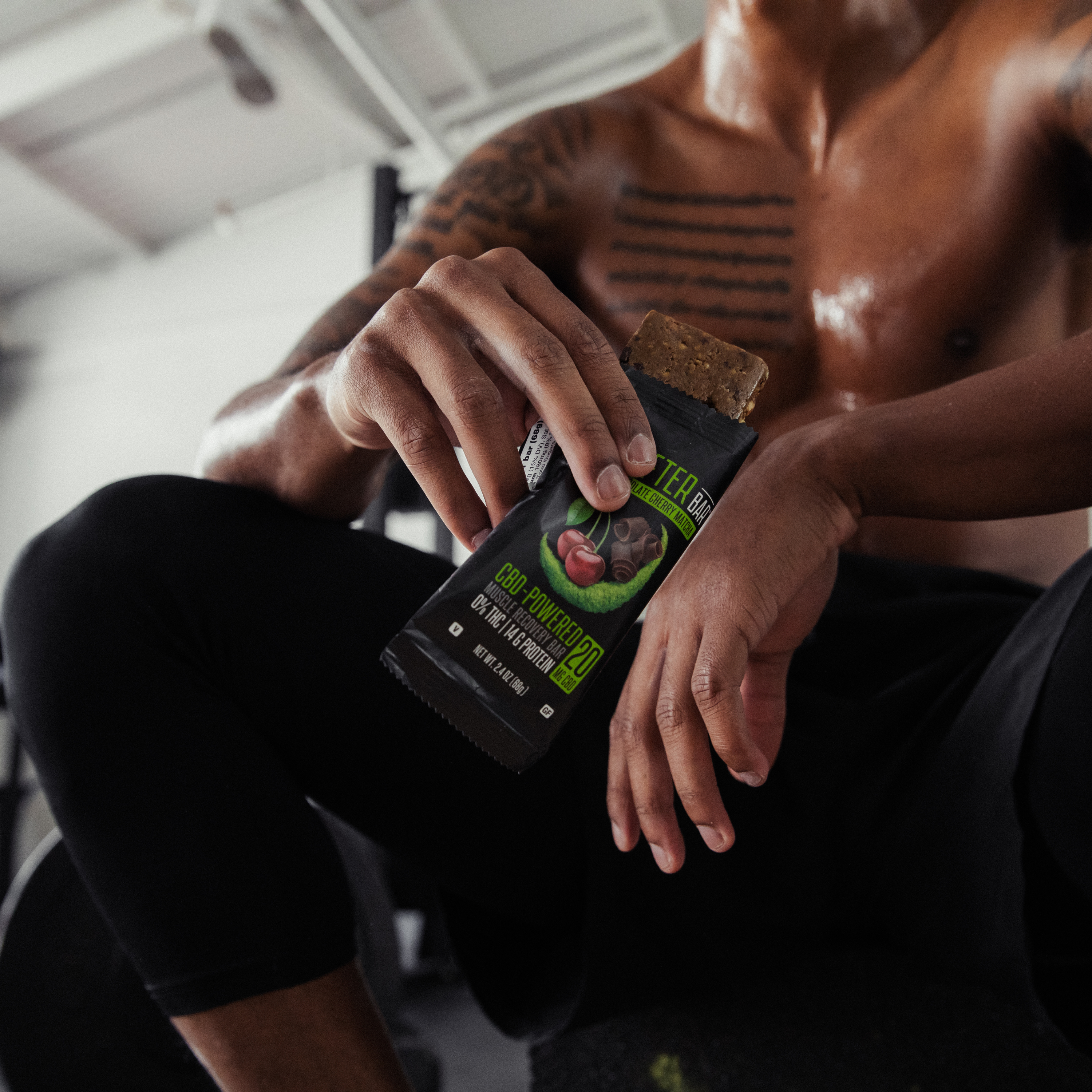
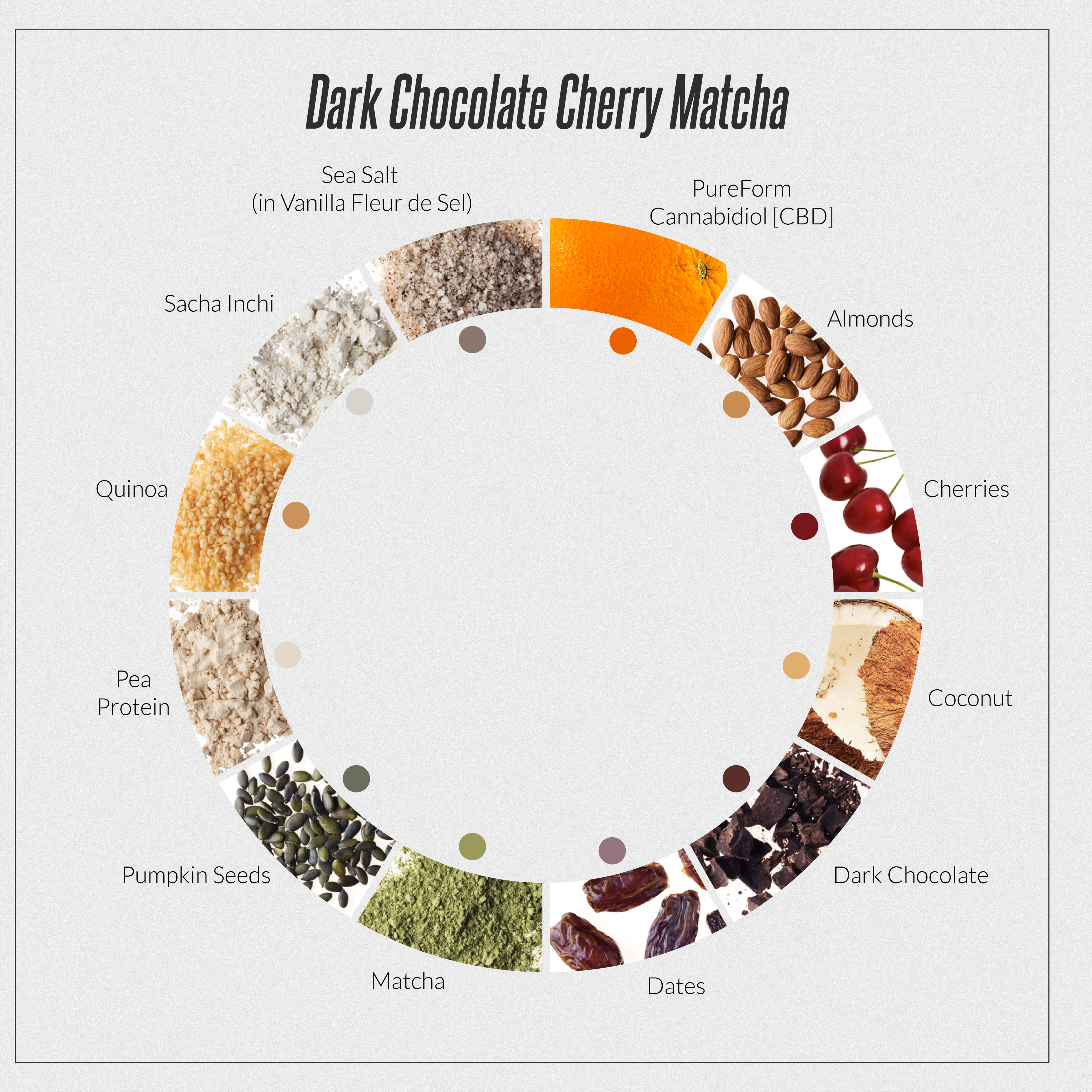
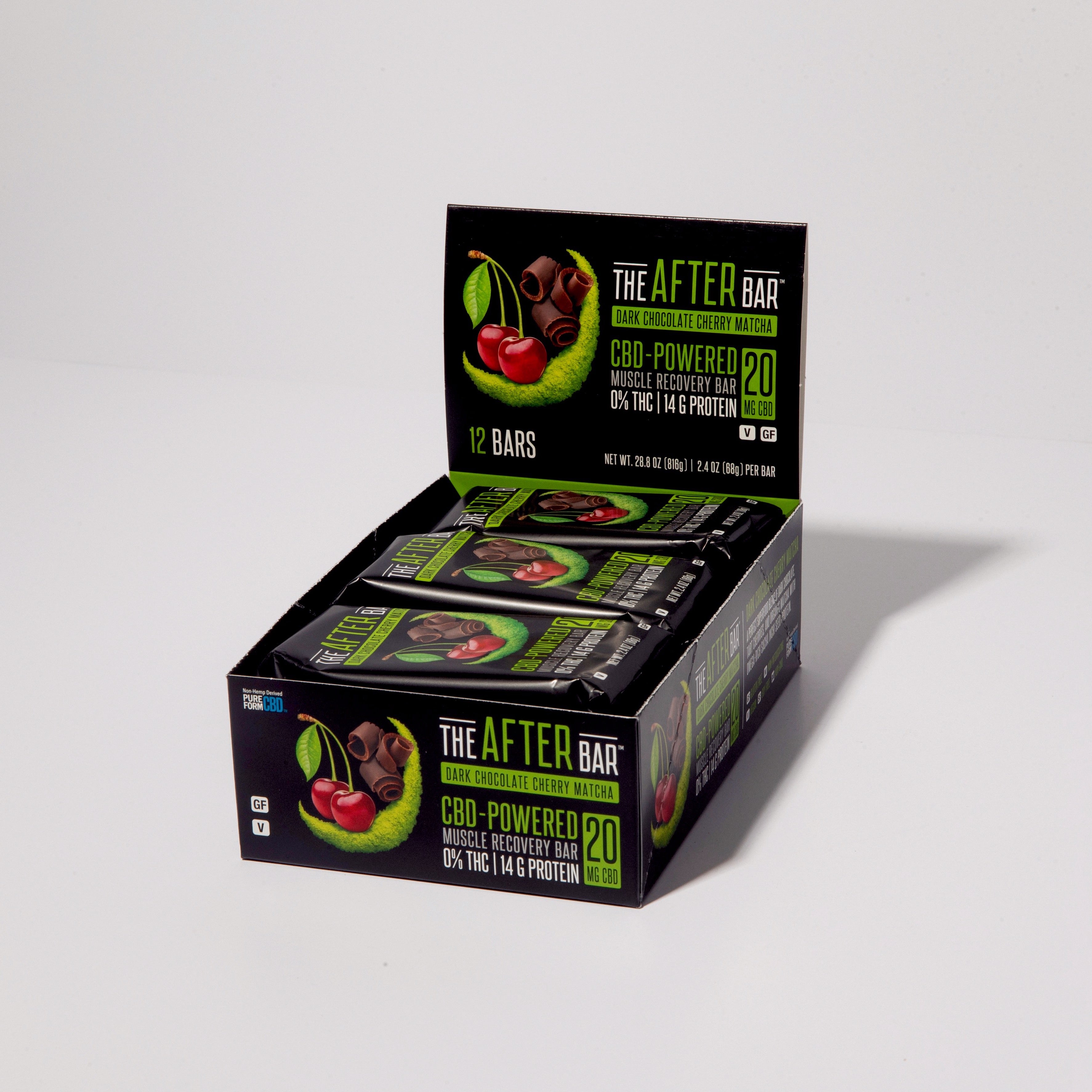
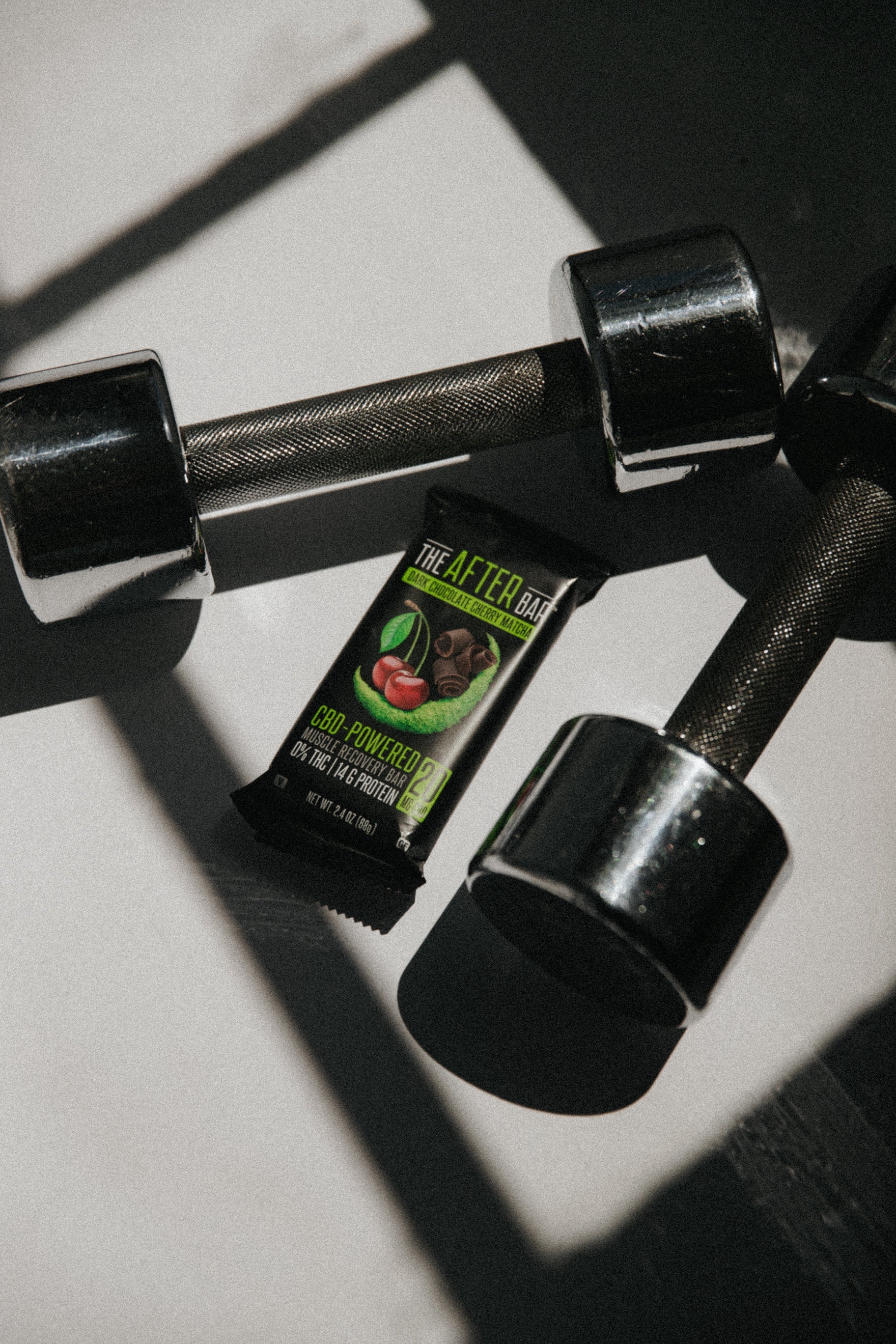
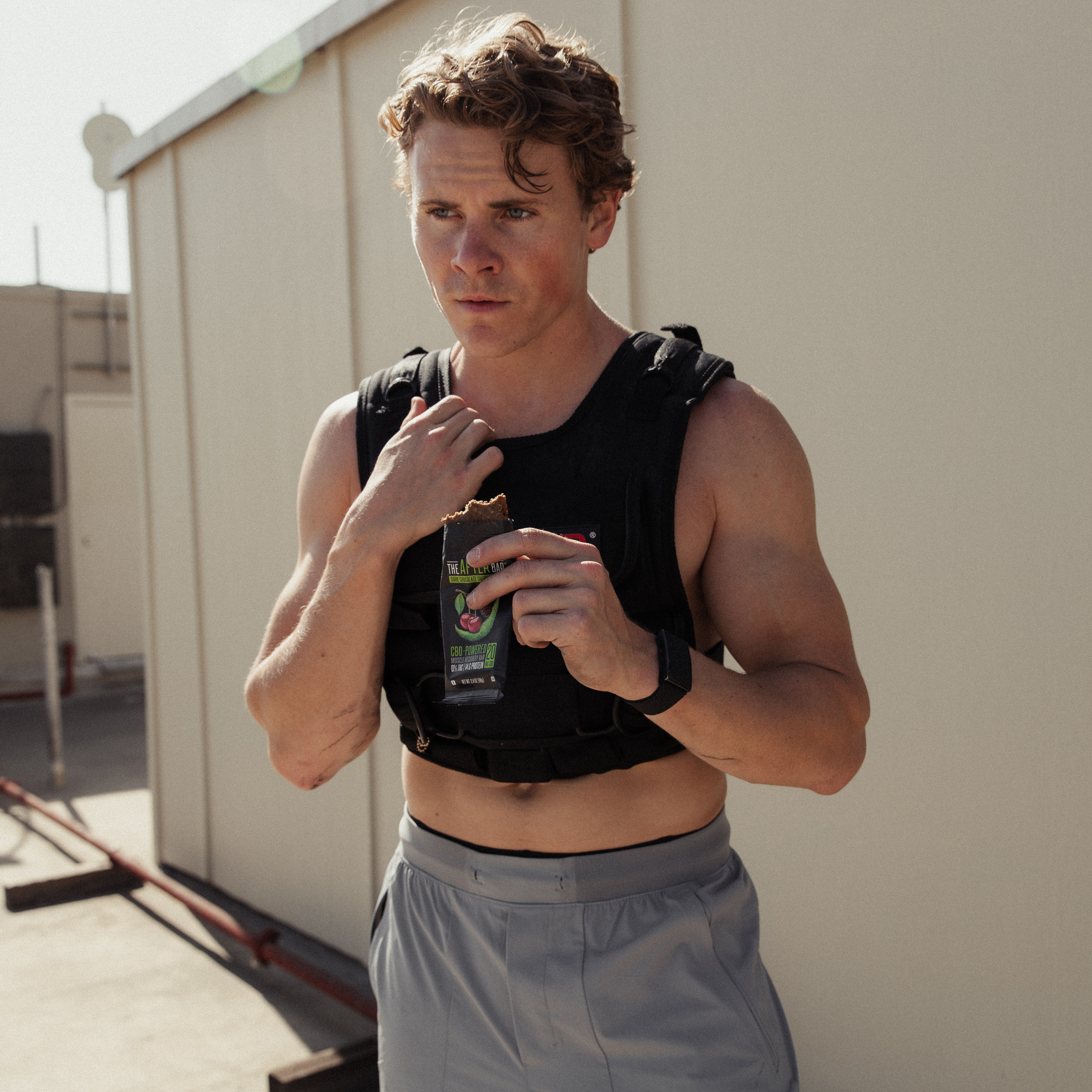
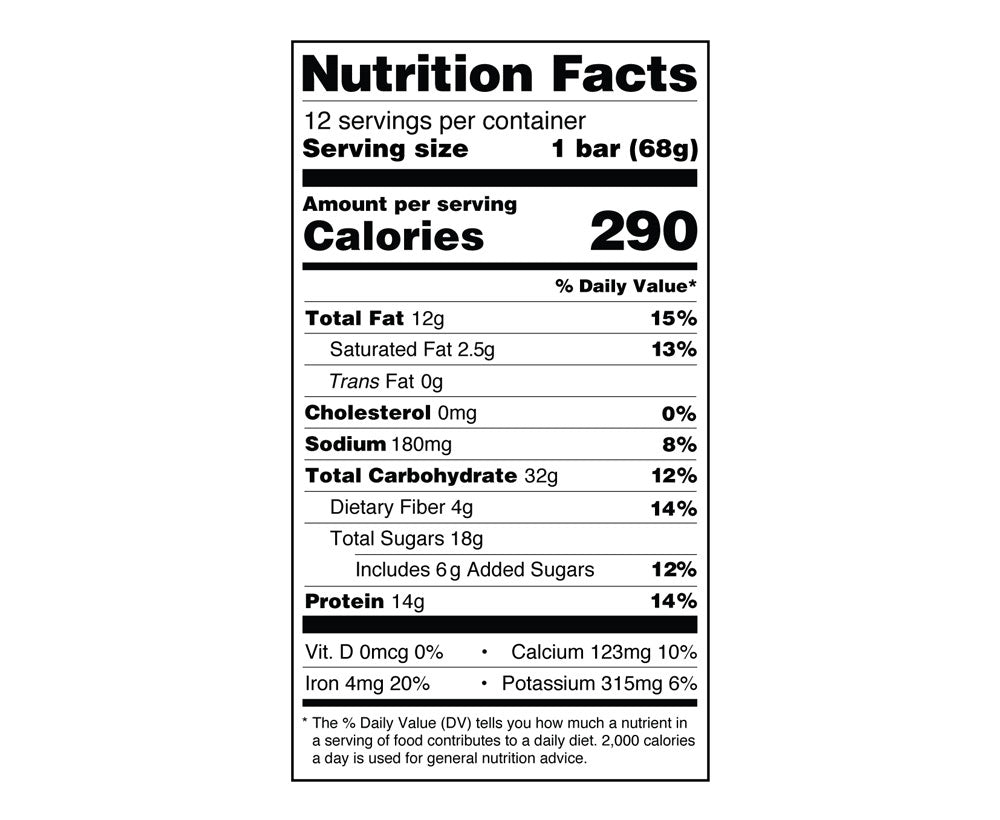
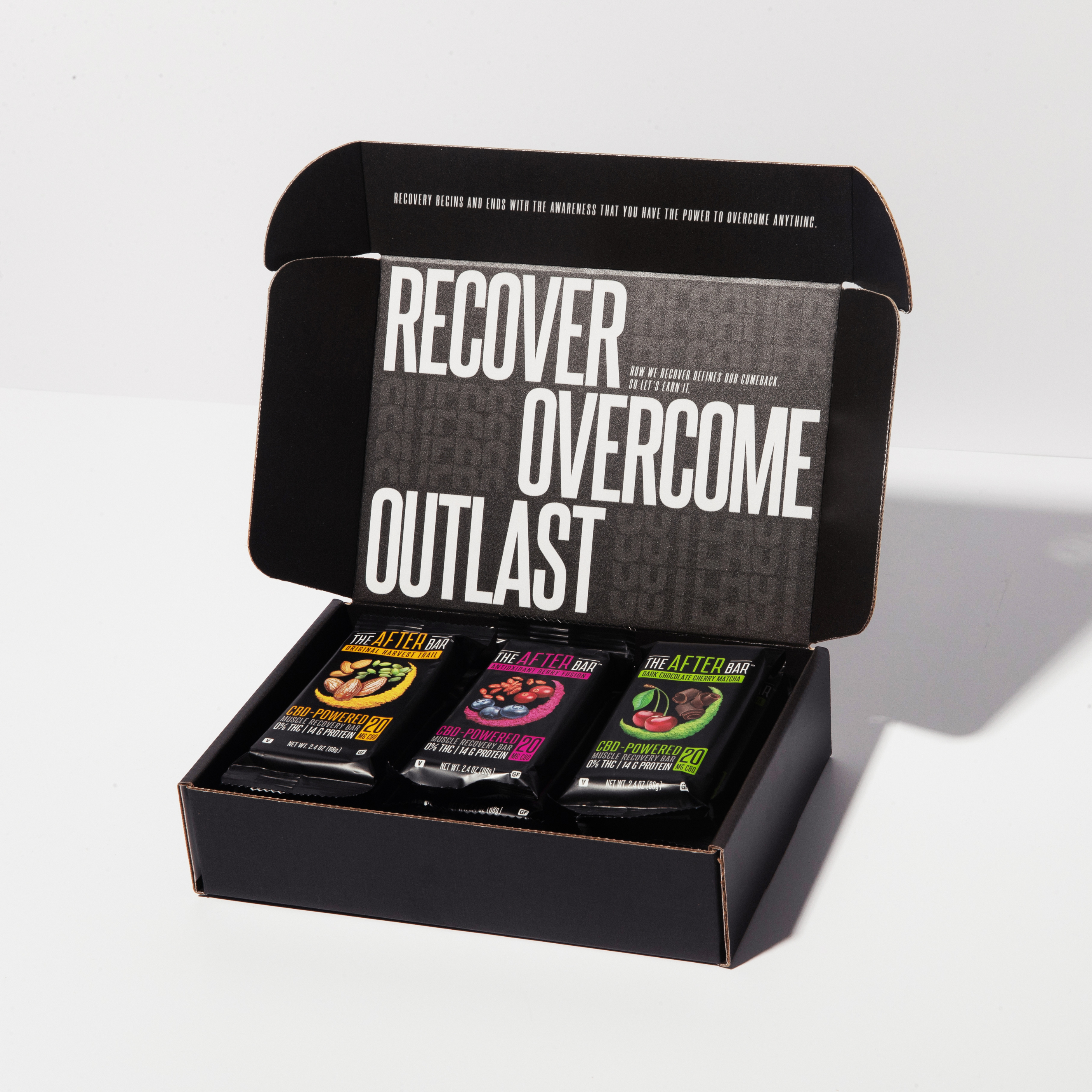
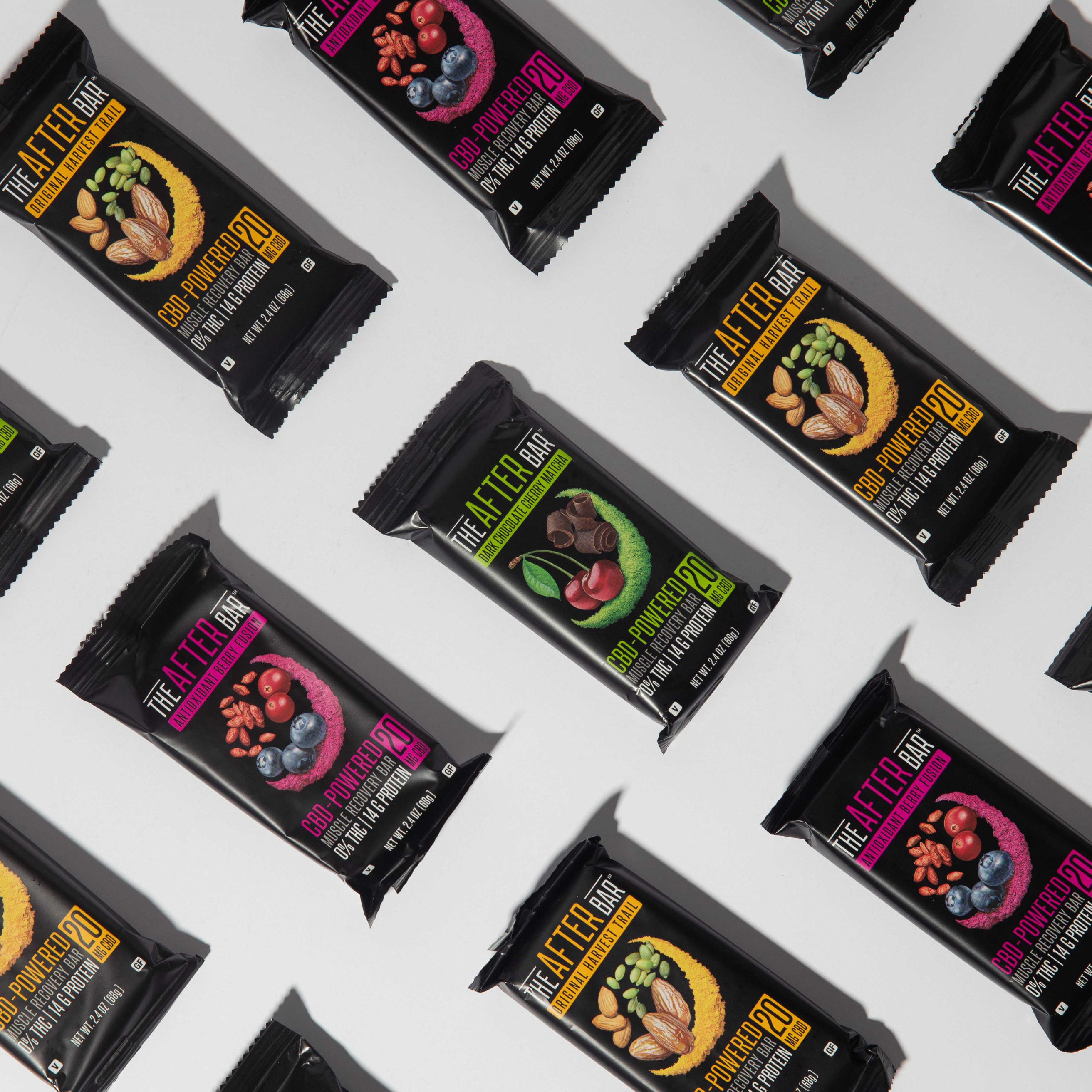

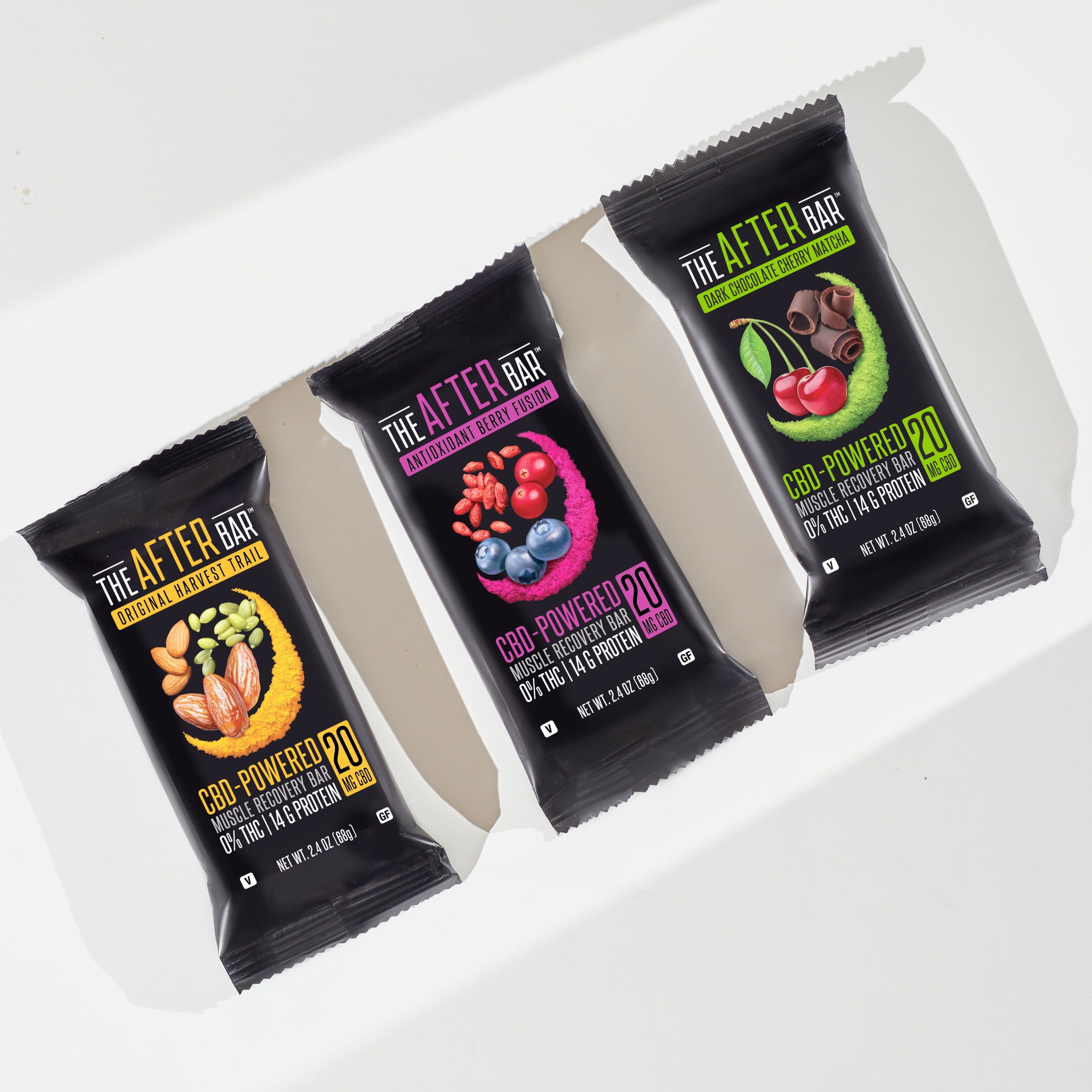
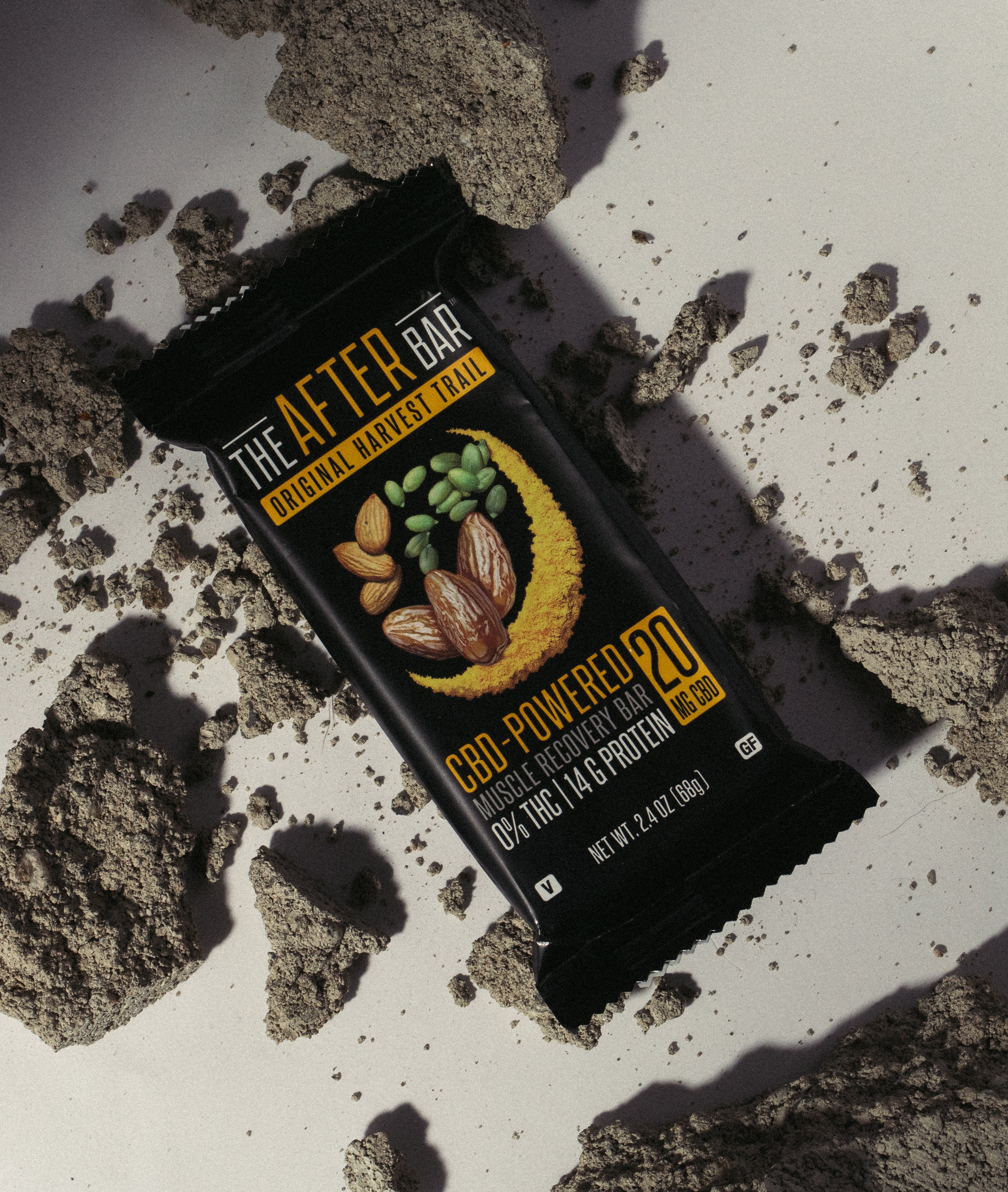
I have been afraid of carbs my whole life because I was told " Carbs makes you fat" which couldn’t be further from the truth. OVEREATING is what makes us gain weight. this is a must read for anyone who like me was once afraid of carbs! Very informative. Thank you!
Leave a comment